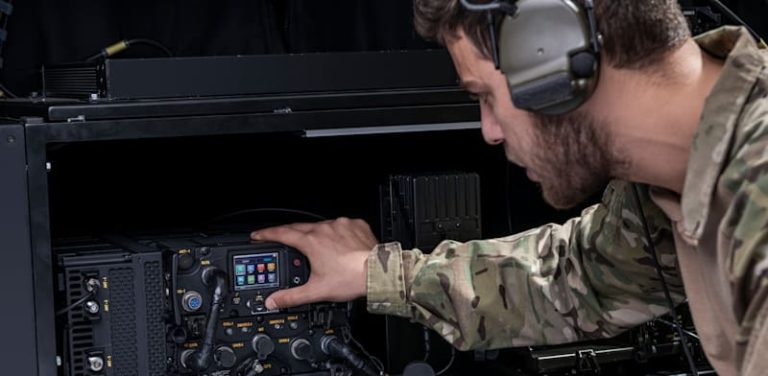

The reconciliation invoice primarily focuses on cuts to Medicaid entry and elevated well being care charges for thousands and thousands of Individuals. The AI provision seems as an addition to those broader well being care modifications, doubtlessly limiting debate on the know-how’s coverage implications.
The transfer is already inspiring backlash. On Monday, tech security teams and at the very least one Democrat criticized the proposal, experiences The Hill. Rep. Jan Schakowsky (D-Ailing.), the rating member on the Commerce, Manufacturing and Commerce Subcommittee, referred to as the proposal a “big reward to Huge Tech,” whereas nonprofit teams just like the Tech Oversight Mission and Client Studies warned it could depart customers unprotected from AI harms like deepfakes and bias.
Huge Tech’s White Home connections
President Trump has already reversed a number of Biden-era government orders on AI security and danger mitigation. The push to forestall state-level AI regulation represents an escalation within the administration’s industry-friendly strategy to AI coverage.
Maybe it is no shock, because the AI {industry} has cultivated shut ties with the Trump administration since earlier than the president took workplace. For instance, Tesla CEO Elon Musk serves within the Division of Authorities Effectivity (DOGE), whereas entrepreneur David Sacks acts as “AI czar,” and enterprise capitalist Marc Andreessen reportedly advises the administration. OpenAI CEO Sam Altman appeared with Trump in an AI datacenter growth plan announcement in January.
By limiting states’ authority over AI regulation, the availability may stop state governments from utilizing federal funds to develop AI oversight packages or help initiatives that diverge from the administration’s deregulatory stance. This restriction would lengthen past enforcement to doubtlessly have an effect on how states design and fund their very own AI governance frameworks.





